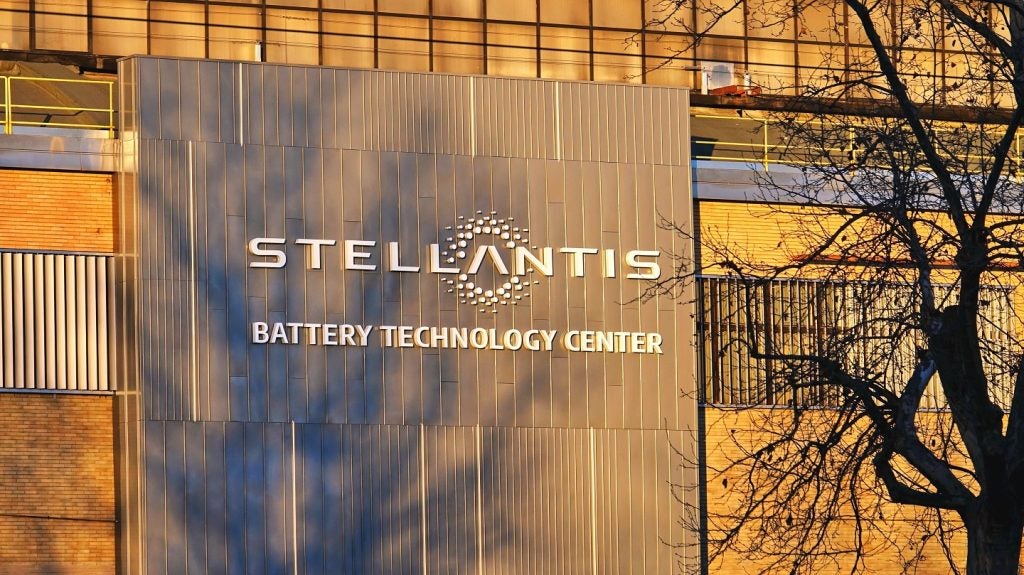
Suspended orders
The need to consider alternatives is often most clear where the value of an outstanding vehicle is less than the customer’s liability. In these circumstances, if an asset finance company was to proceed with a forthwith return of goods order, and subsequently sell the vehicle, it’s more than likely there will be a shortfall in the balance owed, especially in this economic climate. However, once the vehicle has been returned, the customer may be reluctant to repay any remaining liability for an asset they no longer have the benefit of.
Therefore, in instances where the customer has made contact and wishes to retain the vehicle, the best option may often be to agree a realistic monthly repayment plan, under a suspended return of goods order. The order gives the finance company the security of being able to seek return of the goods forthwith on default of the court order.
This is particularly the case where customers are restricted in their ability to pay any shortfalls. Charging orders can be used to secure any remaining debt in instances where the customer is a homeowner.
In a situation when a finance company has agreed a suspended return of goods order, it is important to take into account any existing arrears and factor these into the repayments so, ideally, the original term of agreement does not have to be extended. Or, if the customer is able to, then the finance company could agree payment for the arrears to be paid upfront, followed by monthly payments under a suspended return of goods order. Such arrears should be paid before the suspended return of goods order begins.
Valuable asset
How well do you really know your competitors?
Access the most comprehensive Company Profiles on the market, powered by GlobalData. Save hours of research. Gain competitive edge.

Thank you!
Your download email will arrive shortly
Not ready to buy yet? Download a free sample
We are confident about the unique quality of our Company Profiles. However, we want you to make the most beneficial decision for your business, so we offer a free sample that you can download by submitting the below form
By GlobalDataOf course, this isn’t always the case, and it’s possible the value of the vehicle may well exceed the amount outstanding.
In such cases, a forthwith return order will be a much more appealing option, as the recovery of the vehicle will immediately clear the liability. However, it should be noted, customers who attend a return of goods hearing are becoming increasingly successful in securing a suspended return of goods order.
Therefore, even when a forthwith return of goods order will clearly provide the best results, asset finance companies could well be forced to accept a monthly repayment plan.
Note that the court does not have the power to grant a suspended return of goods under a lease agreement unless the finance company has consented by agreement with the customer.
Quick recovery
It isn’t uncommon for customers to refuse to cooperate with asset finance companies when they fall behind with repayments, and providers will have to consider carefully their options when this happens.
When a return of goods order is necessary, it is advisable to obtain an up-to-date Keeper Enquiry from the DVLA – which provides details of the current registered keeper of the vehicle – before taking any further action, to ensure that the customer is still the registered keeper of the vehicle. While it is against the conditions of any financing arrangement for a customer to sell a vehicle on finance terms while monies are still owed under a finance agreement, this type of illegal activity does, from time-to-time, occur.
Therefore, obtaining a Keeper Enquiry can avoid the wasted legal costs of applying for a return of goods order against a customer who may no longer be in possession of the vehicle.
It also allows for enquiries to be made to any new keeper of the vehicle as quickly as possible, if it has been sold on, which could be crucial in tracking down the debtor and assisting with identifying any additional parties necessary to the legal proceedings. This will mean that just one set of legal proceedings can be raised against the customer, and any third party, in possession of the vehicle where the finance company still has title and/or any other party perhaps responsible for converting the asset.
Securing the vehicle
Realistically, it is doubtful that the customer will simply deliver the vehicle to a financing company, once a forthwith return of goods order has been obtained or a suspended return of goods order payment plan has failed. Therefore, you will have to consider how you plan to take physical ownership of the vehicle. It is always wise upon taking possession, to agree not only the return of the asset, but also to agree payment there and then of any likely shortfall sum when you have the customer’s attention. Shortfalls can become more difficult to recover later on down the line when the vehicle is returned, so maximise the opportunity to recover your losses in one structured deal.
It may be advisable if consent to the return of the goods is not forthcoming by the customer, to apply to the court for a warrant of delivery, which will act to enforce the court judgment for the return of the vehicle. Once the warrant has been secured, a court bailiff will contact the individual who possesses the vehicle and set an appointment to recover it.
The presence of a bailiff at the appointment provides an advantage for asset finance firms, as it allows for recovery agents to enter a customer’s property legally. However, a downside to this is that customers will be given advance notice of the appointment, providing them with an opportunity to remove the vehicle beforehand.
There are ways to circumvent this, however. For example, it is possible to obtain early morning appointments from the bailiff. Recovery agents have also been known to travel to the customer’s property prior to the appointment and remain on the public highway to prevent the vehicle from being moved.
Penal notice
The combined action of a return of goods order and a warrant of delivery usually results in the successful recovery of a vehicle, in the majority of cases.
However, if it proves impossible to recover the vehicle at the bailiff’s appointment, and DVLA enquiries reveal that the customer is still the registered keeper of the vehicle, the next step may be to proceed with a penal notice to be attached to the warrant.
This is a notification the customer may be liable to a prison sentence for breaching the order, and if the customer still fails to return the vehicle upon receipt of the warning there is a very real chance that they will spend time at Her Majesty’s pleasure.
While obtaining a penal notice is a costly process, on the rare occasions it is used, it is usually successful.
Lindsey Summers is a legal executive in finance litigation at DWF






